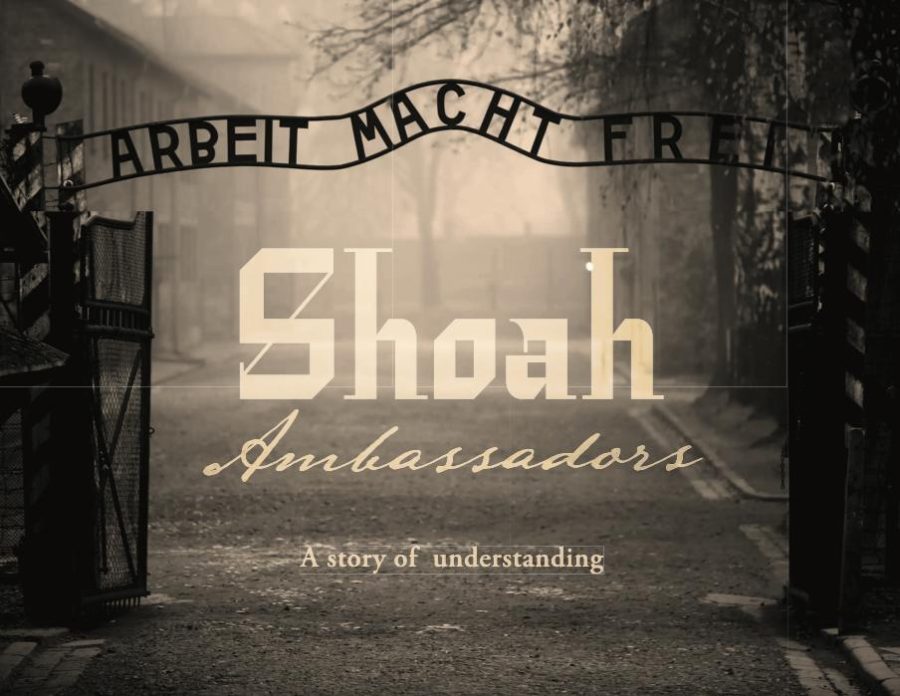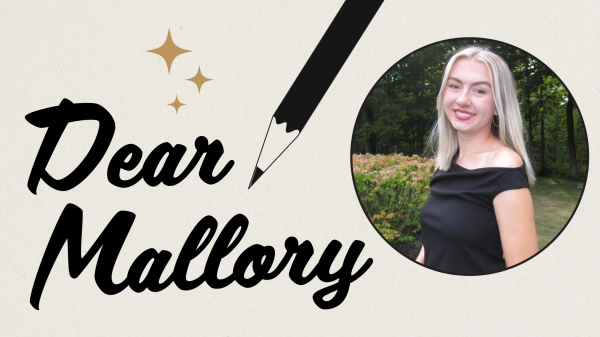Shoah Ambassadors: The Holocaust through the eyes of a younger generation
Winston Churchill famously said, “those that fail to learn from history are doomed to repeat it.” Documentary “Shoah Ambassadors” aims to ensure the atrocities committed during the Holocaust will never be repeated.
“Shoah Ambassadors” is a documentary that tells the story of the genocide of European Jews during World War II through the eyes of a younger generation. Survivors of the Holocaust are getting older and will one day be unable to keep the memory of the Holocaust — and the lives lost — alive. Directed by Michigan native Keith Famie, the film has won three Michigan Emmy Awards.
According to a study done by the Claims Conference, 45% of millennials and Generation Z in Michigan could not name a single concentration camp or ghetto, and 59% did not know that six million Jews were killed in the Holocaust. These statistics were the motivating factor that inspired Famie to create “Shoah Ambassadors.”
“There’s a lot of media and things on social media going around saying that the Holocaust never took place,” Famie said. “Being a documentary filmmaker and seeing it firsthand — it was really irritating me, and I thought, […] it’s time we really do a film about the Holocaust.”
The documentary’s titular “Shoah Ambassadors” are two local Gen Z artists — who help tell the story of the Holocaust for their generation in their own ways.
Artist and sculptor Hailey Callahan created a stained glass replica of the World War II-era train car that resides in the Holocaust Memorial Center in Farmington Hills, which Nazis used to transport Jews to concentration camps.
Singer-songwriter Curtis Bates wrote two rap songs for the documentary, one of which was created during filming. When Bates met with Holocaust survivor and painter Rene Lichtman, he was inspired to write the track by a painting Lichtman did that featured two simple words — “Never Again.”
“When Curtis met with Rene — we knew that he was painting ‘Never Again,’” Famie said. “Curtis was going to hold it up to the camera, and that was going to be the close of the film and take us into the credits. Well, he did that and put it down and Rene said, ‘Curtis, you should write a song.’ [Curtis said,] ‘you know, I think I will.’”
Bates wrote “Never Again” in two days and it was used for the finale of the documentary. Famie believes “Never Again” is astonishing, as it’s a song that’s not only about the Holocaust, but about society today.
“In that song and in that closing of the whole film we bridge generations,” Famie said. “We bridge people in their 20’s and we bridge 80 and 90-year-olds. [They] all came together cleverly in one moment to share a thought and to say something that is so important and relevant to society today.”
Callahan had the opportunity to meet with Holocaust survivors as well, including Fred Lessing, who had previously visited the Oakland University William Beaumont School of Medicine (OUWB) in July 2022.
Lessing shared his story with Callahan on how he survived the Holocaust. After being separated from his family, he found refuge with different families who helped him hide in plain sight. His only friend during this time was a teddy bear that he took with him upon leaving his family and old life behind.
Lessing’s teddy bear is currently on display at Yad Vashem, the World Holocaust Remembrance Center in Jerusalem. The story of his relationship with his teddy bear was retold in a book by Iris Argaman, which Lessing reads to Callahan in the documentary.
Famie hopes that through “Shoah Ambassadors,” that many more “Shoah Ambassadors” will be created.
“I think once you’re a ‘Shoah Ambassador,’ you’re always a ‘Shoah Ambassador,’” Famie said.




